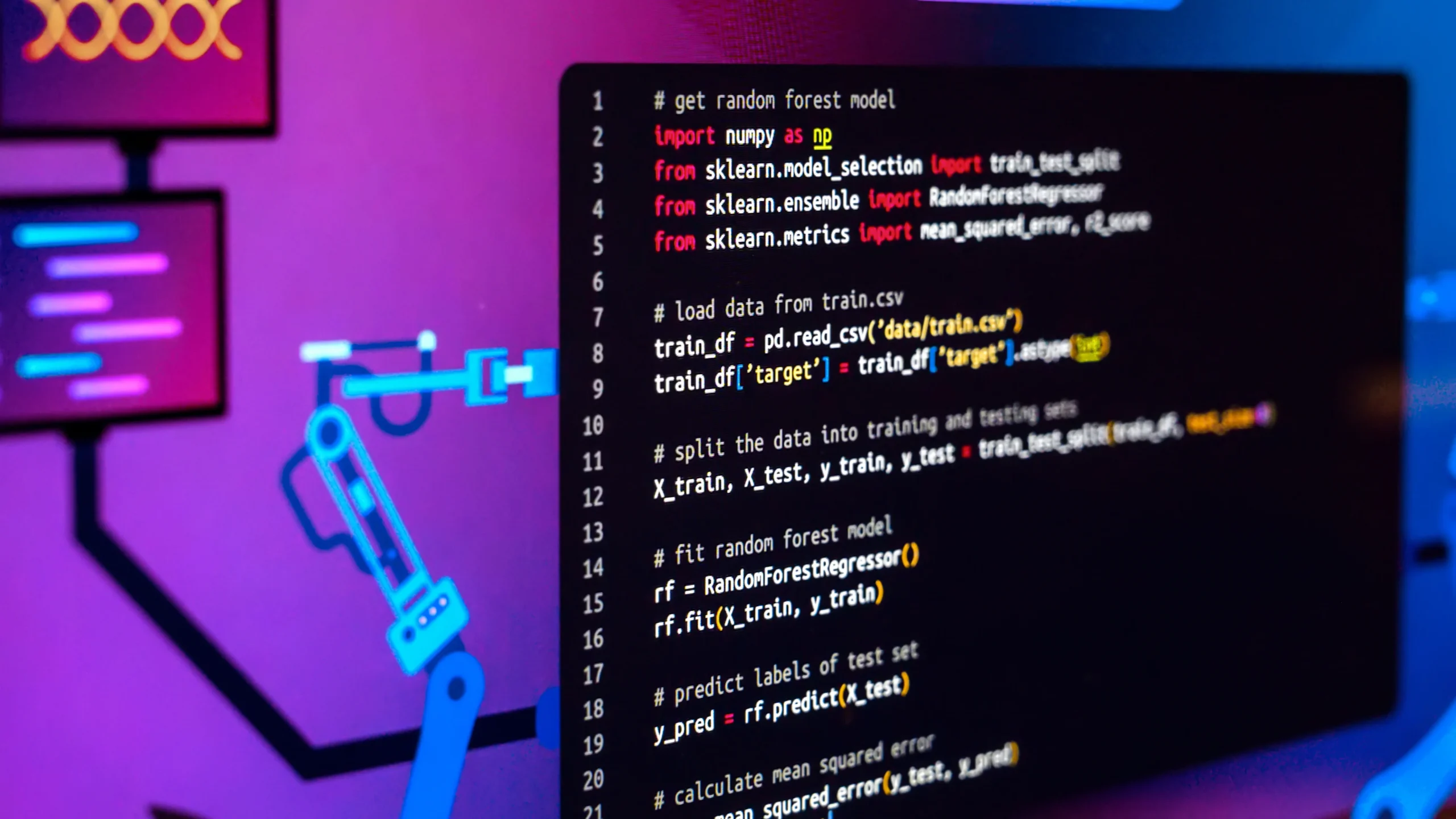Java Android training typically refers to a learning program or course that focuses on teaching Java programming for Android app development. Android, the mobile operating system developed by Google, primarily uses Java as its main programming language. Therefore, individuals interested in creating applications for Android devices need to learn Java along with the Android SDK (Software Development Kit).




Java-Android training is crucial for developers, given Android's unparalleled global dominance. Proficiency in Java for Android is vital, enabling the creation of applications that resonate with an extensive and diverse user base worldwide.
The escalating demand for skilled Android developers stems from the widespread and pervasive use of Android devices. Java-Android training serves as the gateway to acquiring practical skills, positioning developers for rewarding and impactful roles in response to the dynamic needs of the industry.
Java's exceptional versatility extends far beyond Android development, making it a strategically essential language to learn. Java-Android training focuses not only on Android-specific aspects but also on the broader spectrum of Java, equipping individuals with skills applicable in various software development domains.
Java-Android training opens doors to a myriad of diverse career paths beyond conventional Android development roles. Opportunities span the realms of mobile app development, software engineering, and project management, offering a high degree of flexibility aligned with individual interests, passions, and aspirations.
The unparalleled global distribution of Android applications through the Google Play Store presents a distinctive and expansive opportunity. Java-Android training empowers developers not only to navigate the complexities of app distribution but also to optimize their applications for a global audience, understanding and accommodating cultural nuances.
Beyond coding, it fosters innovation and entrepreneurship. Developers learn to think creatively, solve real-world problems, and nurture entrepreneurial aspirations, instilling autonomy and self-driven initiative.
Emphasizing technical knowledge and active engagement, Java-Android training nurtures developers within invaluable communities. Individuals benefit from collective wisdom, guidance, and meaningful contributions to evolving Android development practices.
Hands-on Java-Android projects immerse individuals in real-world scenarios, ensuring developers gain comprehensive understanding and confidence to tackle challenges in the dynamic Android development field.

Meet Prakash, a highly accomplished Java Android trainer with a dual proficiency as both an Android developer and a seasoned instructor. With an impressive 9.5 years of hands-on development experience, Prakash is well-versed in crafting robust mobile applications and brings invaluable practical insights to his training sessions.

Prakash’s passion for sharing knowledge is evident in his training programs, which are designed to impart real-world skills to aspiring Android developers. His approach ensures that individuals not only grasp theoretical concepts but also acquire the practical expertise necessary for success in the dynamic field of Android development. Whether you are a novice looking to enter the Android development arena or a seasoned professional seeking to enhance your skills, Prakash’s training sessions offer a comprehensive and engaging learning experience that will undoubtedly leave you well-equipped for success in the ever-evolving world of Android development.
WhatsApp us